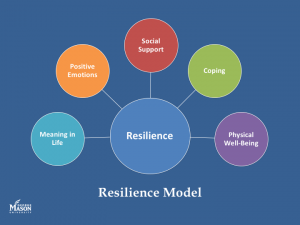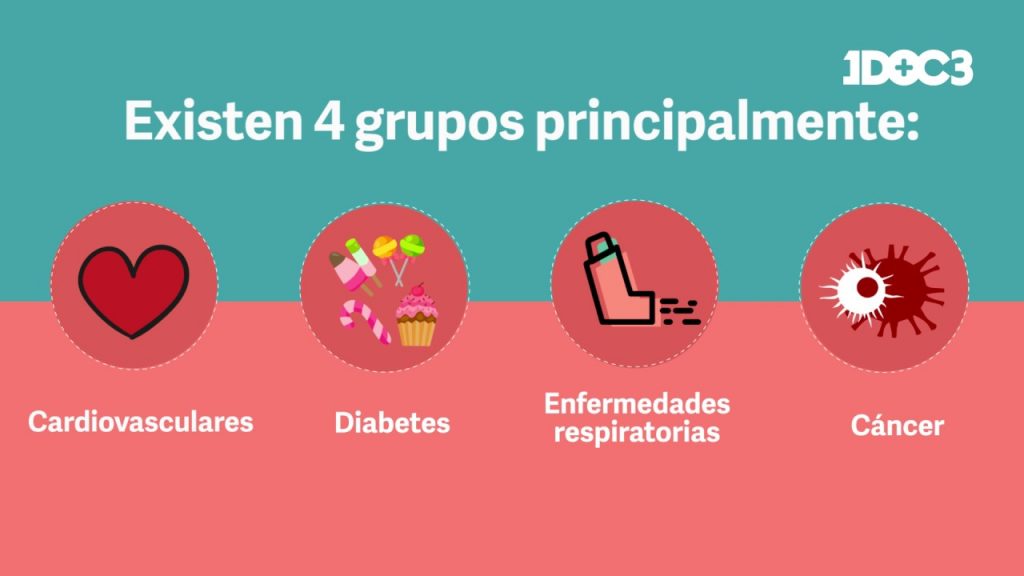Resilience And Mental Wellbeing: From Adversity To Growth

Table of Contents
Understanding Resilience: What It Is and Why It Matters
Defining Resilience
Resilience is the ability to bounce back from adversity, cope with stress, and adapt to change. It's not about avoiding hardship—it's about navigating it effectively and emerging stronger. Resilient individuals demonstrate the capacity to overcome obstacles, learn from setbacks, and maintain a positive outlook even in the face of significant challenges. Think of Nelson Mandela, who spent decades imprisoned yet emerged as a leader dedicated to reconciliation. Or consider individuals who have overcome severe illness or financial hardship, rebuilding their lives with determination and grace. These are examples of resilience in action.
- Definition of resilience: The ability to successfully adapt to stress, trauma, adversity, tragedy, threats, or significant sources of change.
- Examples of resilient responses to stress: Seeking support, problem-solving effectively, maintaining a positive attitude, practicing self-care.
- Resilience vs. coping mechanisms: While coping mechanisms help manage immediate stress, resilience represents a broader capacity for adapting and thriving in the long term.
The Impact of Resilience on Mental Wellbeing
Resilience significantly impacts mental wellbeing. A strong sense of resilience acts as a buffer against the negative effects of stress, trauma, and adversity. It's a protective factor, reducing the risk and severity of mental health disorders.
- Lower rates of depression and anxiety in resilient individuals: Studies consistently show a strong correlation between higher resilience and lower rates of depression, anxiety, and other mental health issues.
- Improved stress management: Resilient people are better equipped to manage stress, reducing its negative impact on their physical and mental health.
- Increased self-esteem and confidence: Successfully overcoming challenges builds self-esteem, confidence, and a sense of self-efficacy, further enhancing mental wellbeing. This positive feedback loop strengthens resilience over time.
Building Your Resilience: Practical Strategies and Techniques
Cultivating a Growth Mindset
A growth mindset—the belief that abilities and intelligence can be developed through dedication and hard work—is crucial for building resilience. Instead of viewing challenges as failures, embrace them as opportunities for learning and growth.
- Reframing negative thoughts: Challenge negative self-talk and replace it with positive affirmations and realistic self-assessment.
- Focusing on solutions: Instead of dwelling on problems, concentrate on finding practical solutions and taking action.
- Embracing mistakes as learning experiences: View mistakes not as failures but as valuable lessons that contribute to personal growth.
- Celebrating small victories: Acknowledge and celebrate your accomplishments, no matter how small, to boost morale and maintain motivation.
Strengthening Social Support Networks
Strong social connections are a vital component of resilience. The support, empathy, and practical assistance provided by loved ones can significantly impact our ability to cope with adversity.
- Building strong relationships with family and friends: Nurture existing relationships and actively cultivate new ones.
- Joining support groups: Connecting with others who share similar experiences can provide a sense of community and belonging.
- Seeking professional help when necessary: Don't hesitate to reach out to therapists or counselors for guidance and support.
- Practicing active listening and empathy: Strengthening your relationships involves genuinely listening to and supporting others.
Developing Healthy Coping Mechanisms
Developing healthy coping mechanisms is essential for managing stress and difficult emotions. These strategies help regulate your emotional responses and build resilience in the face of adversity.
- Regular exercise: Physical activity releases endorphins, improves mood, and reduces stress.
- Mindfulness meditation: Practicing mindfulness helps increase self-awareness and emotional regulation.
- Journaling: Writing down your thoughts and feelings can help process emotions and gain clarity.
- Engaging in hobbies: Participating in activities you enjoy provides a sense of accomplishment and reduces stress.
- Spending time in nature: Connecting with nature has been shown to reduce stress and improve mental wellbeing.
Recognizing and Addressing Barriers to Resilience
Identifying Personal Challenges
Several factors can hinder the development of resilience. Recognizing these obstacles is the first step towards overcoming them.
- Past trauma: Unresolved trauma can significantly impact resilience. Seeking professional help to process past trauma is crucial.
- Negative self-beliefs: Negative self-talk and low self-esteem can undermine resilience. Challenge these beliefs and develop a more positive self-image.
- Perfectionism: Striving for unrealistic standards can lead to stress, anxiety, and self-criticism. Learn to embrace imperfections and strive for progress, not perfection.
- Lack of support systems: A lack of social support can make it more difficult to cope with adversity. Actively build and maintain strong relationships.
- Substance abuse: Substance use can exacerbate mental health issues and hinder the development of resilience. Seek professional help to address substance abuse issues.
Seeking Professional Help
If you're struggling to build resilience or are experiencing significant challenges to your mental wellbeing, don't hesitate to seek professional help.
- When to seek professional help: If you're experiencing persistent feelings of sadness, anxiety, hopelessness, or are struggling to cope with daily life.
- Types of therapy that can help build resilience: Cognitive Behavioral Therapy (CBT), trauma-informed therapy, and other therapeutic approaches can help build coping skills and resilience.
- Finding a qualified therapist: Use online resources or ask your doctor for referrals to find a qualified mental health professional.
Conclusion
Resilience is not an innate trait; it's a skill that can be learned and strengthened. By understanding the principles of resilience and implementing the practical strategies discussed, you can significantly improve your mental wellbeing and navigate life's challenges with greater ease and confidence. Building your resilience is an investment in your overall health and happiness. Start cultivating your resilience today and experience the transformative power of turning adversity into growth. Learn more about building your resilience and improving your mental wellbeing.

Featured Posts
-
 Factors Contributing To D Wave Quantum Qbts Stocks Friday Gain
May 21, 2025
Factors Contributing To D Wave Quantum Qbts Stocks Friday Gain
May 21, 2025 -
 The Juergen Klopp Era At Liverpool A Journey Of Triumph And Transformation
May 21, 2025
The Juergen Klopp Era At Liverpool A Journey Of Triumph And Transformation
May 21, 2025 -
 Wtt Press Conference Unveils Innovative Competitive Concept
May 21, 2025
Wtt Press Conference Unveils Innovative Competitive Concept
May 21, 2025 -
 El Superalimento Que Combate Las Enfermedades Cronicas Mas Alla Del Arandano
May 21, 2025
El Superalimento Que Combate Las Enfermedades Cronicas Mas Alla Del Arandano
May 21, 2025 -
 Overnight Storm Potential Severe Weather Risk Monday
May 21, 2025
Overnight Storm Potential Severe Weather Risk Monday
May 21, 2025
Latest Posts
-
 Federal Leaders Saskatchewan Visit Analysis Of Controversial Remarks
May 22, 2025
Federal Leaders Saskatchewan Visit Analysis Of Controversial Remarks
May 22, 2025 -
 Financial Times Bp Ceos Plan To Double Company Value Uk Listing Confirmed
May 22, 2025
Financial Times Bp Ceos Plan To Double Company Value Uk Listing Confirmed
May 22, 2025 -
 The Goldbergs Cast Characters And Their Real Life Inspirations
May 22, 2025
The Goldbergs Cast Characters And Their Real Life Inspirations
May 22, 2025 -
 Slots Admission Liverpools Win Alissons Display And Luis Enriques Opinion
May 22, 2025
Slots Admission Liverpools Win Alissons Display And Luis Enriques Opinion
May 22, 2025 -
 The Goldbergs A Complete Guide To The Popular Sitcom
May 22, 2025
The Goldbergs A Complete Guide To The Popular Sitcom
May 22, 2025
